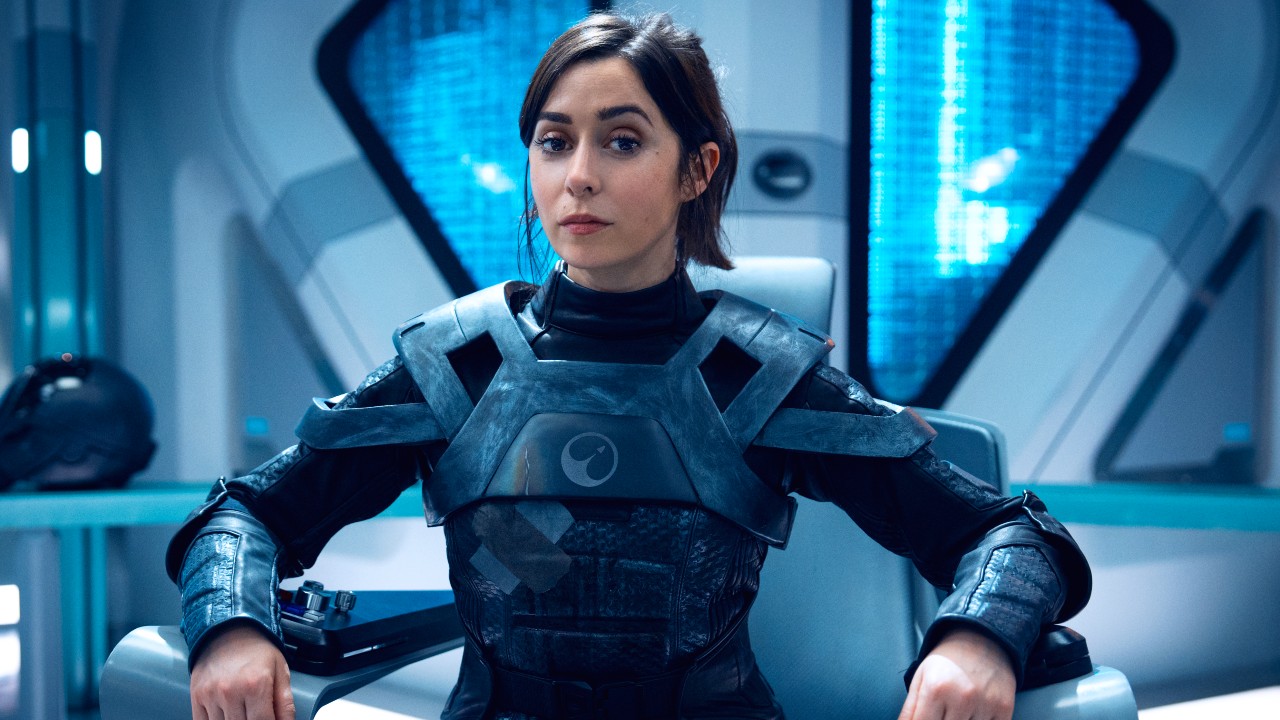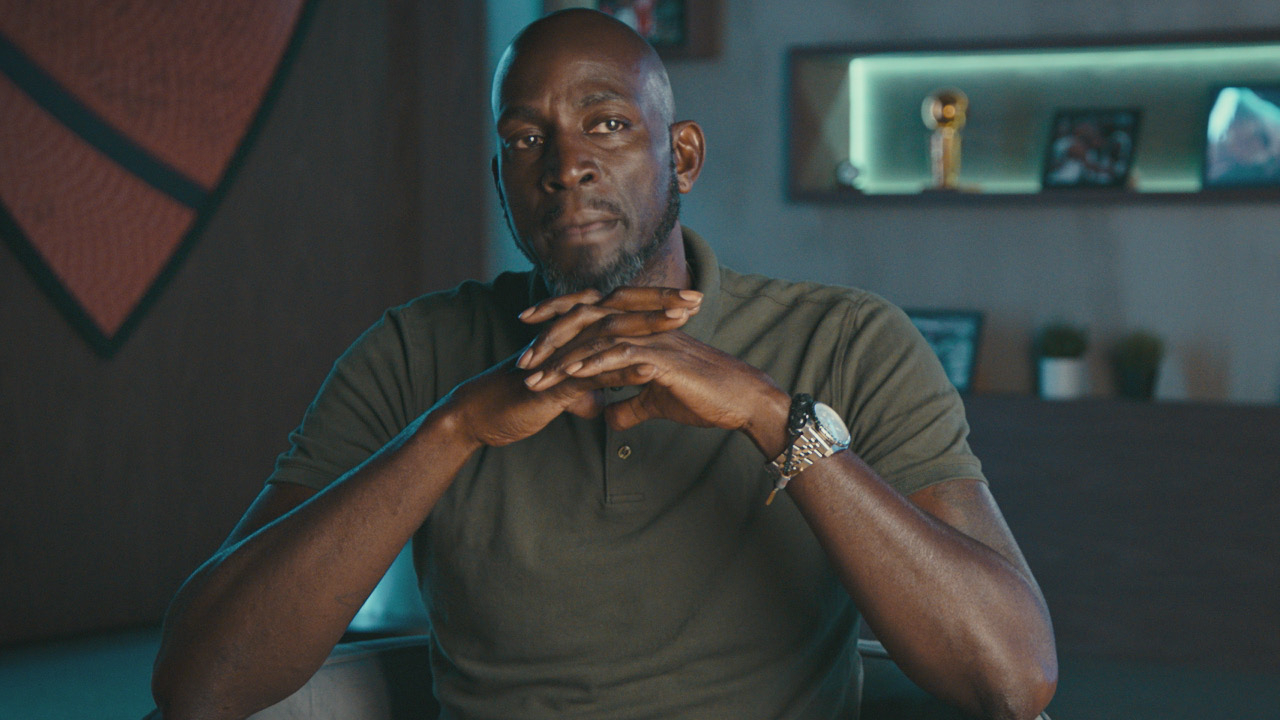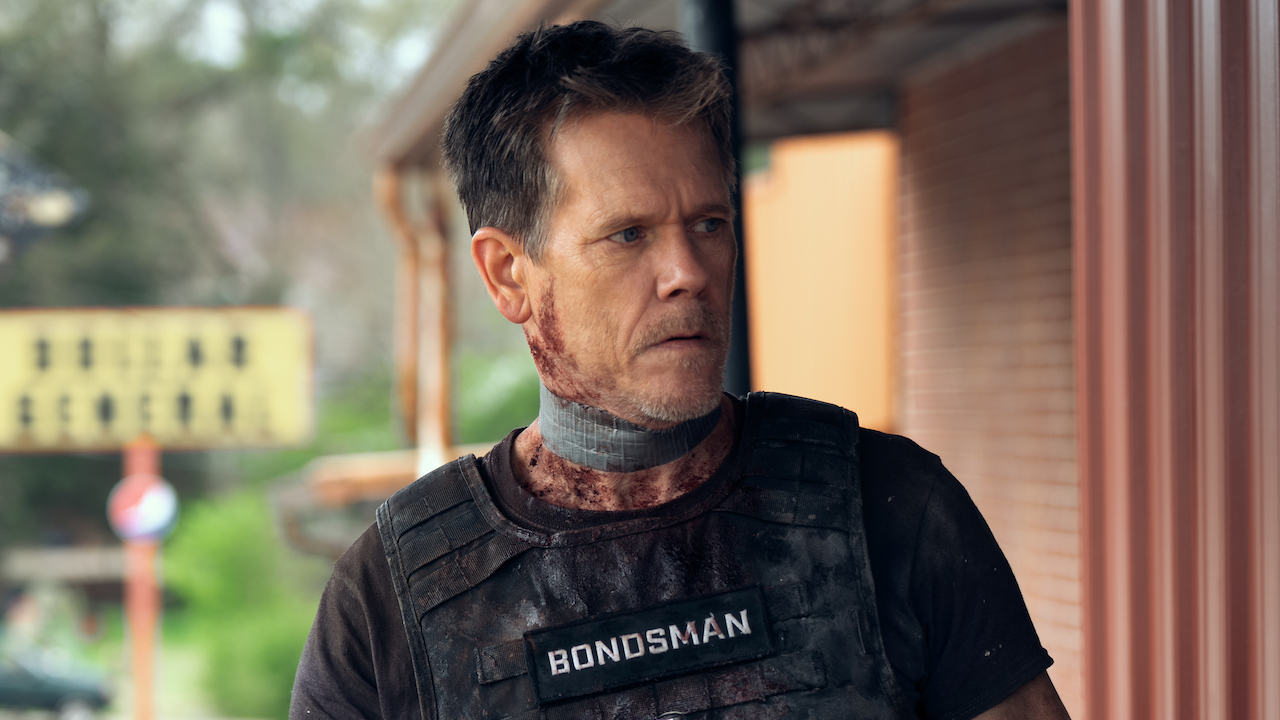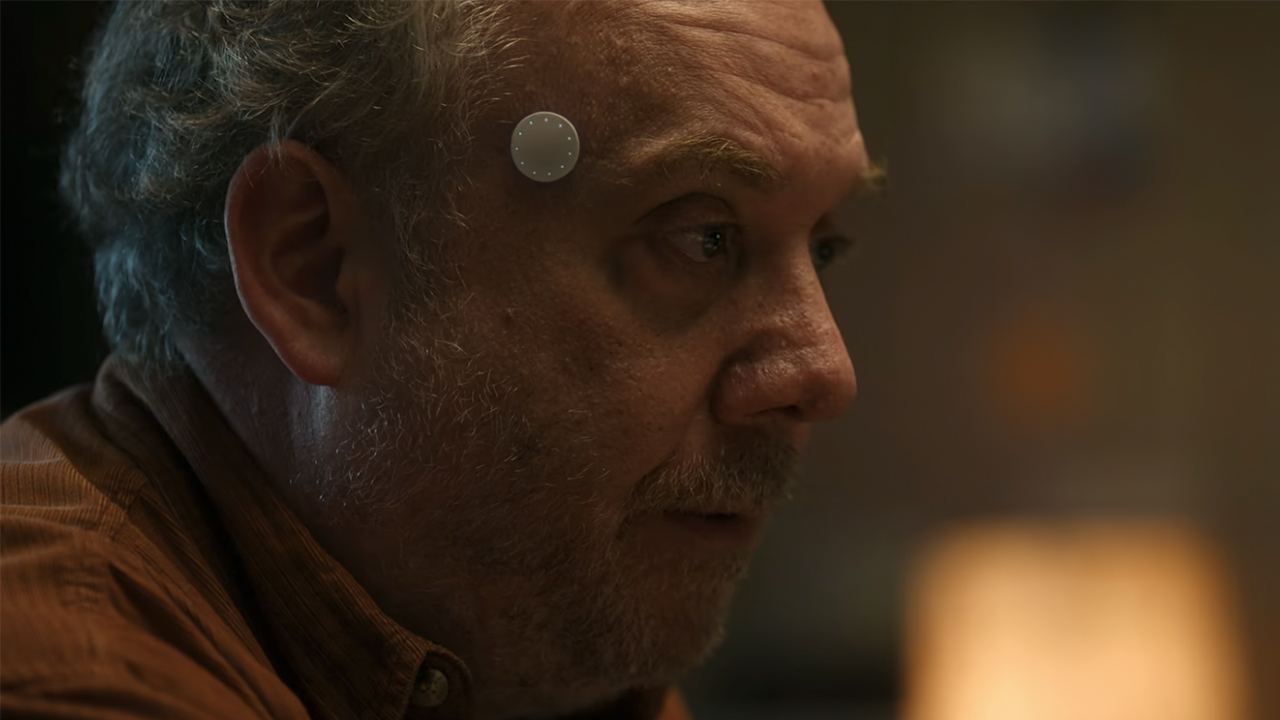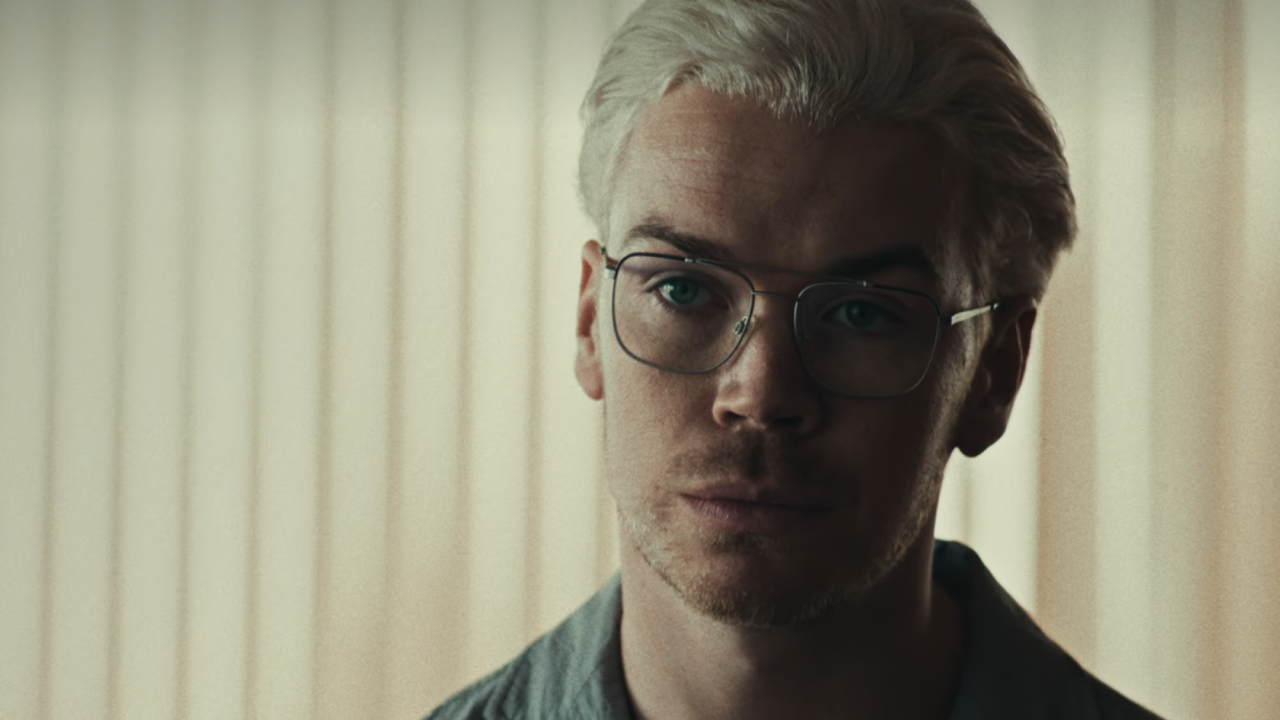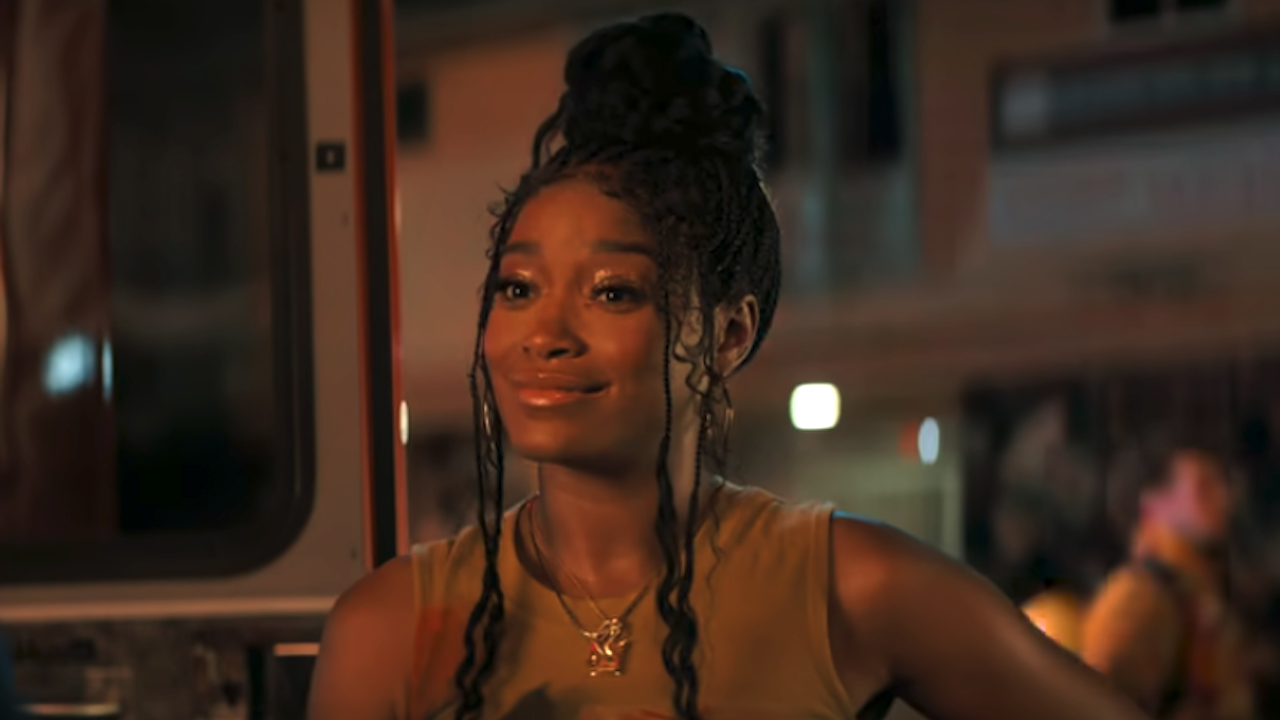I Watched Arrival For The First Time, And The Ending Broke My Brain
Arrival really blew me away!

I’ve been told time and time again that Arrival is a masterpiece, and it’s one of the best sci-fi movies of all time. I have absolutely no reason for waiting seven years to watch this film. I love Amy Adams and Jeremy Renner. Denis Villeneuve also blew me away with Dune. I knew I’d like this movie, and I did, I adored it. What I wasn’t expecting was for the ending to break my brain, but I’m so happy it did, and we have to discuss it.

What Happened At The End Of Arrival
Basically, the end of Arrival reveals that the alien’s language makes it so time is not linear, and you can see the future, or at least that’s how I understood it. There’s a pivotal scene in the movie after one of the aliens dies saving Louise and Ian, where Amy Adams’ character goes back to talk to the surviving creature. It reveals to her that they came to Earth to give the gift of time, or the ability to see into the future. This realization completely flipped my understanding of what I was watching on its head.
For the entire movie, we’re led to believe that Louise has taken this mission to translate an alien language after she lost her daughter. I was viewing the film from her perspective with an air of grief to it. However, this turned out to not be the case at all. What I assumed were flashbacks were actually flashforwards.
With this new knowledge, Louise uses it to figure out the information needed to convince a Chinese general to stand down, and she essentially stops a world war from breaking out. This all happened because she looked into the future to find an answer to a question the general gave her at a party long after the war ended.
After the mission and Louise coming to the realization that the aliens’ language allows her to see the future, these moments we’ve already seen start to become reality. We also realize that Louise knew about her daughter Hannah’s fate, which is that she’d die of a terminal illness at a young age. We also learn that Jeremy Renner’s character, Ian, is Hannah’s dad who leaves them.
The movie ends at the start of Ian and Louise’s romantic relationship, with her knowing exactly how it will end.
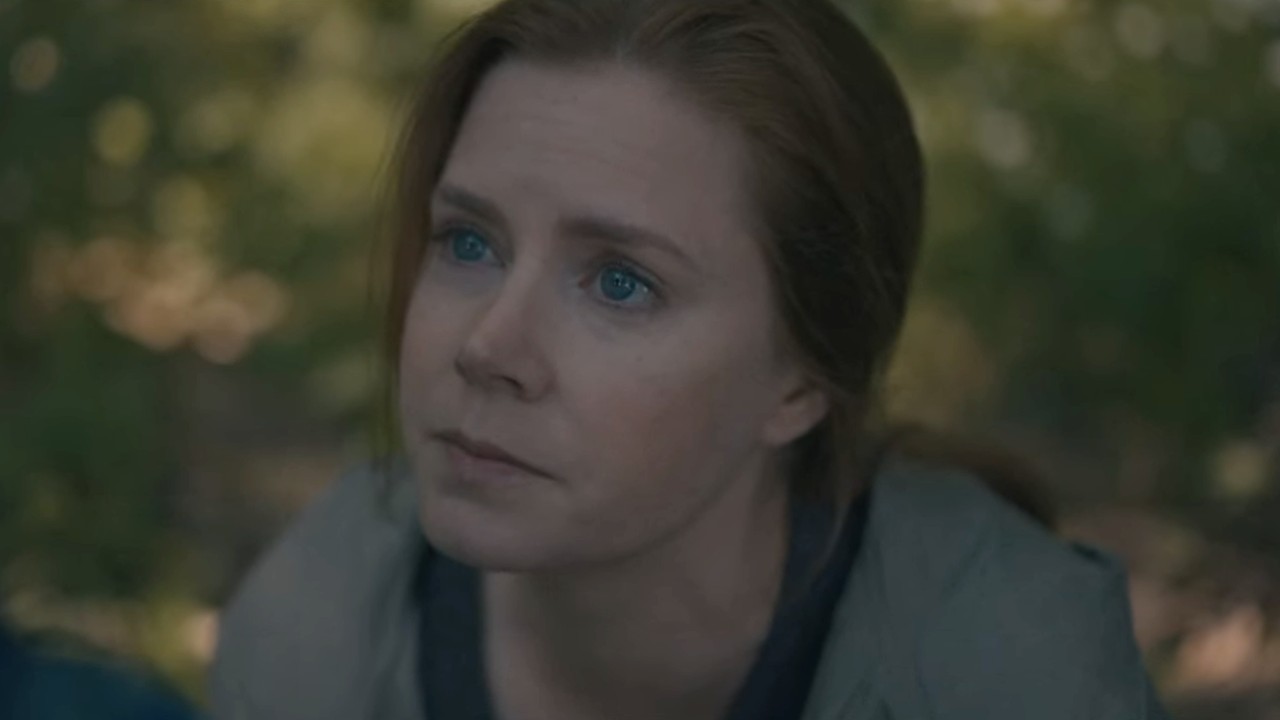
Why My Brain Broke Watching Arrival
When I tell you I audibly gasped when I realized what the aliens’ gift was, I genuinely mean it. My mind was literally blown. My brain broke. I was in awe. Arrival deserved its rave reviews, and there are great reasons why it’s a sci-fi movie with over 90% on Rotten Tomatoes (it’s sitting at 94% to be exact).
CINEMABLEND NEWSLETTER
Your Daily Blend of Entertainment News
The moment I found out Louise could see into the future, and that her daughter was not in the past, it made me rethink literally everything. Much like how humanity had to re-examine their reality when the aliens landed on Earth in this movie, I was left contemplating life, love and time.
As a fan of Villeneuve, I was obviously here for the gorgeous sci-fi landscape he created, and the grand, yet simple, message about the power of open communication he was delivering. However, the ending will live in my brain rent-free forever, and it’s what solidified this film as a masterpiece.
I love films that mess with our perception of reality and subvert our expectations. It’s not easy to pull this off, and it’s especially hard to both pull off a plot twist and have it add even more meaning to the film. Watching Arrival reminded me of the first time I watched Interstellar. While they’re both massive grandiose sci-fi flicks with twists that are mind-boggling, they’re also intimate commentaries on the importance of family and the power of communication, as cheesy as that may sound. It was having that realization mixed with comprehending the aliens’ gift and language that broke my brain.
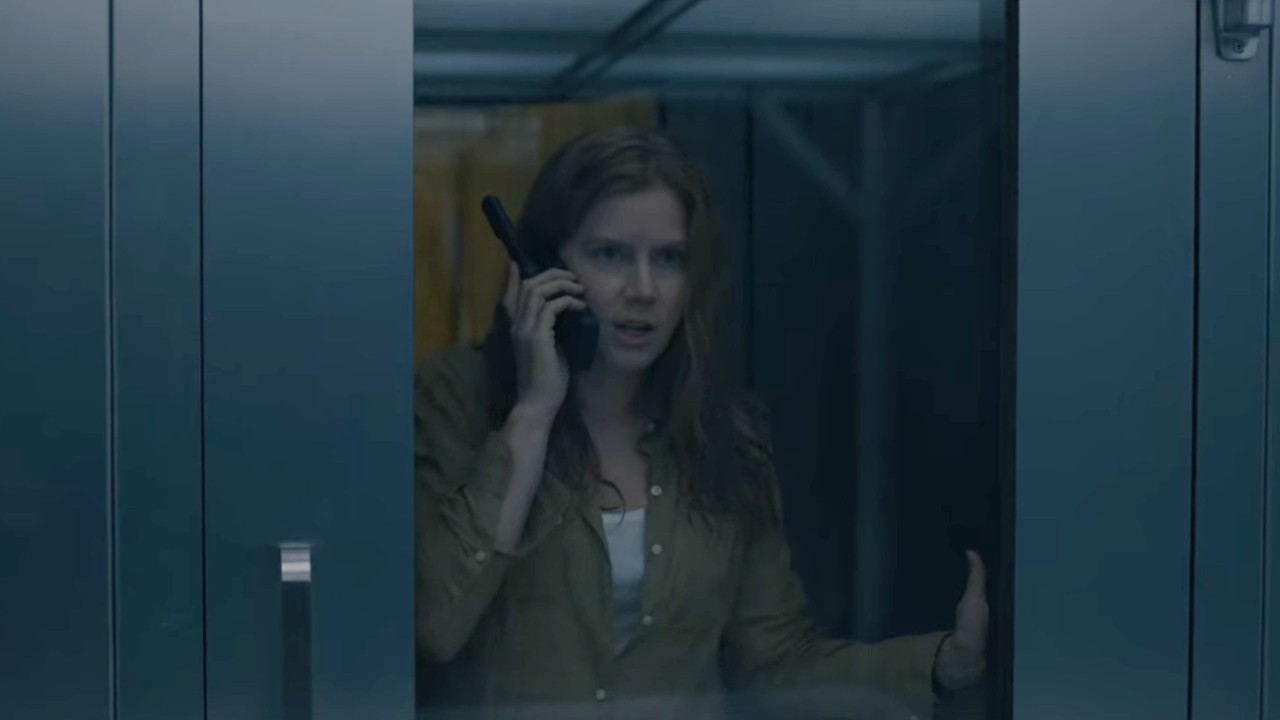
How Arrival Subverted All My Sci-Fi Expectations
Looking back at critics' reactions to Arrival it’s clear that it floored them upon first watch, much like how it blew me away. I think one of the major reasons for that is how it subverts sci-fi expectations, especially with the point it hammers home at the end.
When I think about sci-fi, my brain goes to big action movies that take place in space. That view has changed over the years as I’ve watched films like Dune and Interstellar. However, Arrival was the film that really made me reconsider my view on the genre, and this shift in my understanding of it contributed to how mind-blown I was at the end of the film.
Aliens and a spaceship are central to this story, yes. However, the primary plot point has to do with two parties simply trying to figure out how to communicate with one another. I’ve always been told that at its core, sci-fi can speak to what’s going on in our own lives, and Arrival did exactly that.
Thinking about how our world could be better if we kept lines of communication open, took our time and didn’t jump to conclusions is so valuable. Denis Villeneuve was able to clearly illustrate that point through a movie that happened to involve two massive aliens, a really cool spaceship and a plot twist involving seeing into the future.
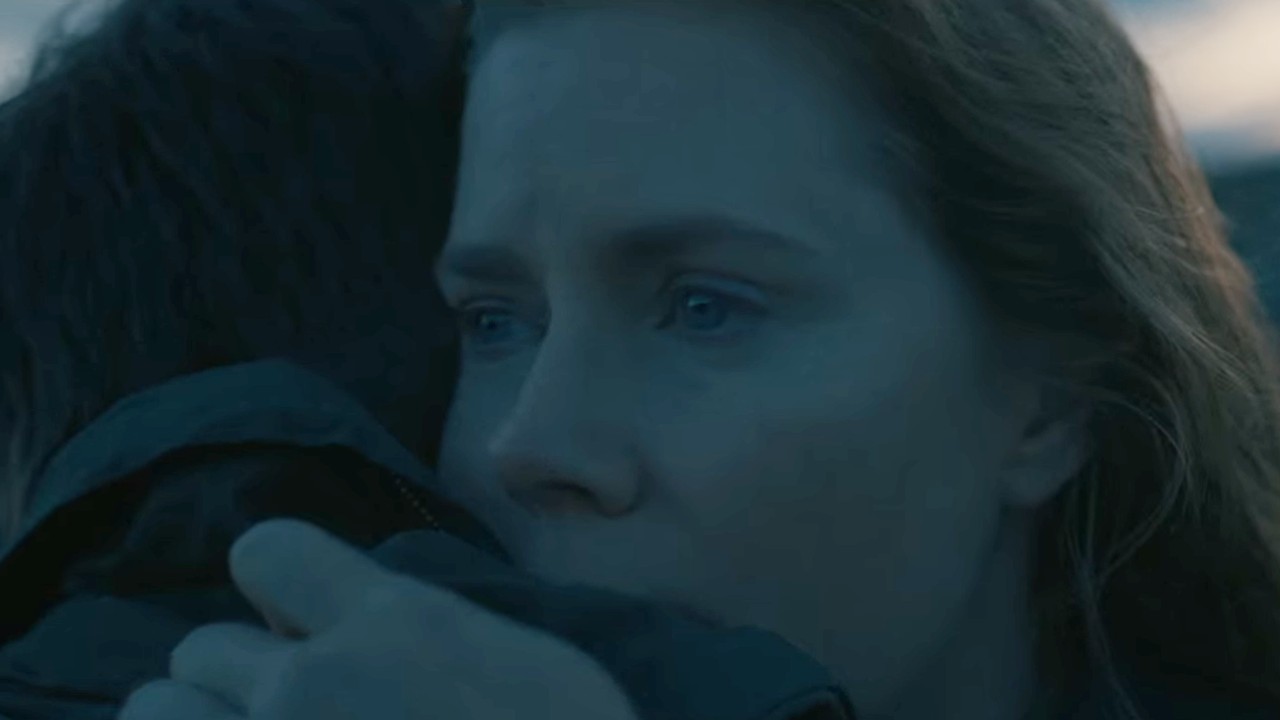
The Greater Meaning Behind The Ending Of Arrival And Its Message About Communication
As I’ve noted throughout this article, at its heart, Arrival is a story about communication. What ends up saving humanity is Louise figuring out how to speak the aliens’ language, her realization about how they perceive time, and a phone call that makes it so the lines of communication between the nations are reopened. There was no big battle, instead, it was the sharing of valuable information that led to the conflict’s resolution.
That alone was mind-boggling and moving. However, what truly broke me was when Amy Adams’ character told her daughter:
I told him something he wasn’t ready to hear.
That’s when I fully realized Ian was Hannah’s dad, and that these two stories were not linear, but rather more cyclical.
What ended up dooming their relationship was the withholding of information and the lack of communication. So, when Louise actually told Ian that she knew what would happen, presumably to their daughter, he left. This commentary on human nature and how fallible we are was deeply moving. Coming to that realization, along with taking in all the other elements of Arrival’s ending, especially the seeing the future aspect, is what truly led to my brain being broken as the credits rolled.
Overall, Arrival is a masterclass in sci-fi and just great storytelling in general. Not only did the cast and crew of this film deliver a thrilling space-based movie, but they also created a profound commentary on the human condition and communication. In the end, it blew my mind, and I’ve been thinking about the film ever since I finished it.
You can stream Arrival, and pick apart its incredible ending for yourself with a Paramount+ subscription or a Netflix subscription.

Riley Utley is the Weekend Editor at CinemaBlend. She has written for national publications as well as daily and alt-weekly newspapers in Spokane, Washington, Syracuse, New York and Charleston, South Carolina. She graduated with her master’s degree in arts journalism and communications from the Newhouse School at Syracuse University. Since joining the CB team she has covered numerous TV shows and movies -- including her personal favorite shows Ted Lasso and The Marvelous Mrs. Maisel. She also has followed and consistently written about everything from Taylor Swift to Fire Country, and she's enjoyed every second of it.

